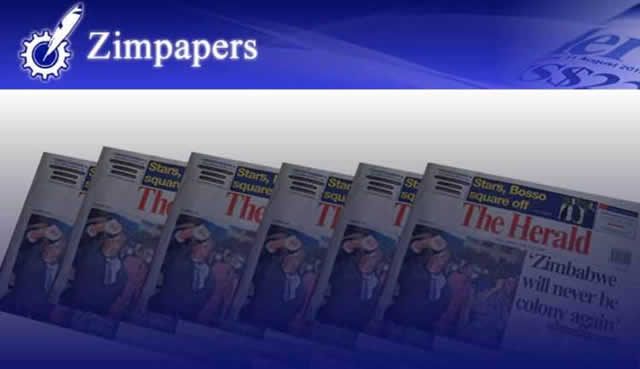Africa and the post-Atlantic world

THE last 15 years have been good for Africa. Conflict reduced, regional integration deepened, governance improved and economies grew, in part due to diversification of Africa’s trading partners. China’s re-emergence as a great power has profoundly impacted Africa. As the workshop of the world, China has an enormous appetite for Africa’s resources, has paid well for them and returned other benefits – infrastructure financing and geopolitical cover for those who request it.
The economic engagement of China, now Africa’s largest trading partner, has sustained and helped Africa’s middle class to grow. This remarkable development took place under the radar at first while our traditional partners distracted themselves with wars in the Middle East.
The surplus and space created by Chinese and other new trading partners, allowed the young to become talkative and creative. In the new buzz, we even adopted The Economist-inspired “Africa Rising” slogan.
But as fast as it rose, the meme is already in danger due to the strong headwinds in the global economy.
The collapse in oil and other commodity prices is impacting significantly on some of the biggest economies on the continent, such as Nigeria, Algeria, Angola and South Africa. These commodity producers are experiencing reductions in the value of their currencies as prices fall. The US Federal Reserve’s winding up of its quantitative easing (QE) policy also adds to downward pressure on African currencies. QE’s massive injection of liquidity into US markets sent capital abroad seeking a higher yield. Now the money is going home, increasing the strength of the dollar.
The next two years or so will be more difficult for most African countries than the previous 15. However, the underlying fundamentals are still sound. An engaged population is beginning to dream of what “Made in Africa” might look like. Lessons are being learned faster and actioned earlier. Competence and innovative thinking are the new focus. To paraphrase Deng Xiaoping, we are at the point where the colour of the cat does not matter, as long as it catches mice.
Deng and his successors’ cat have helped catch one of the most significant mice for Africa – diversification of its trade and investment partners. This multipolarity is the central development of the “Africa Rising” period. It could become the defining feature of the whole age, driving global rivalry over control of the earth’s energy resources and trade routes.
For over 100 years, the most important global trade route was the Atlantic, connecting the US with Europe. In the last decade, it has been across the Pacific, flowing between the US and Asia, and in the future it will be within Eurasia itself. A new world is taking shape with the development of trading blocs and associations on continental, pan-continental and hemispheric levels. How will Africa insert itself into this evolving matrix?
Africa is already a BRICS member. This grouping of Brazil, Russia, India, China, South Africa contrast to the G7, whose only non-European/North American member is Japan. The BRICS nations represent a geographic diversity of countries that contain dense population centres, are the manufacturing centre of the world, have an excellent IT base, huge savings, enormous oil, gas and other natural resources, and state-of-the-art militaries.
The BRICS does not have the level of co-ordination of the G7 nations. However, it is developing these mechanisms, such as the New Development Bank (NDB). This multilateral development bank will have a lending facility of $100 billion and will challenge the Bretton Woods institutions’ hegemony.
The BRICS’ growing success will attract new members. China wanted Africa represented in the BRICS and fought for South Africa’s inclusion, although it does not have the economic or population size of the other BRICS nations. How else will the rest of the continent relate to this emerging global bloc, apart from seeking loans from the NDB? Is there scope for a much more integrated role for Africa in this alliance of the 21st century? – New African Magazine.









Comments